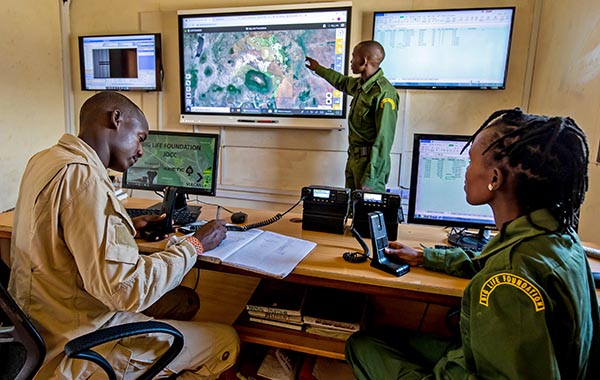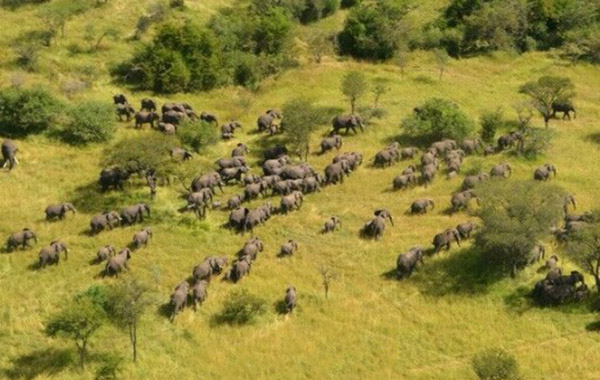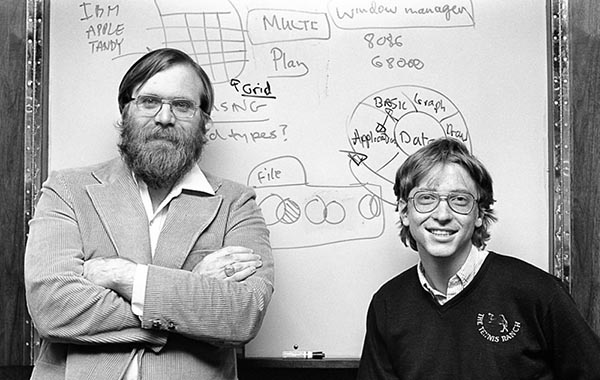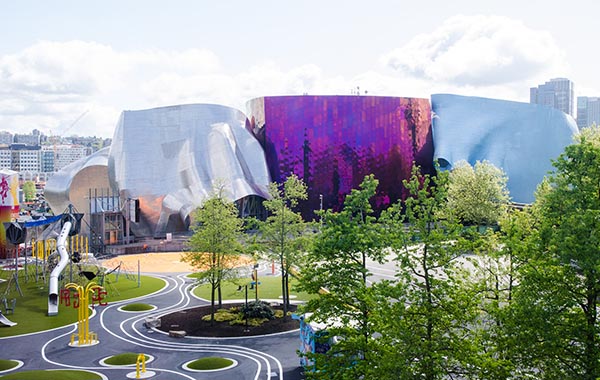Pacific Northwest Conservation
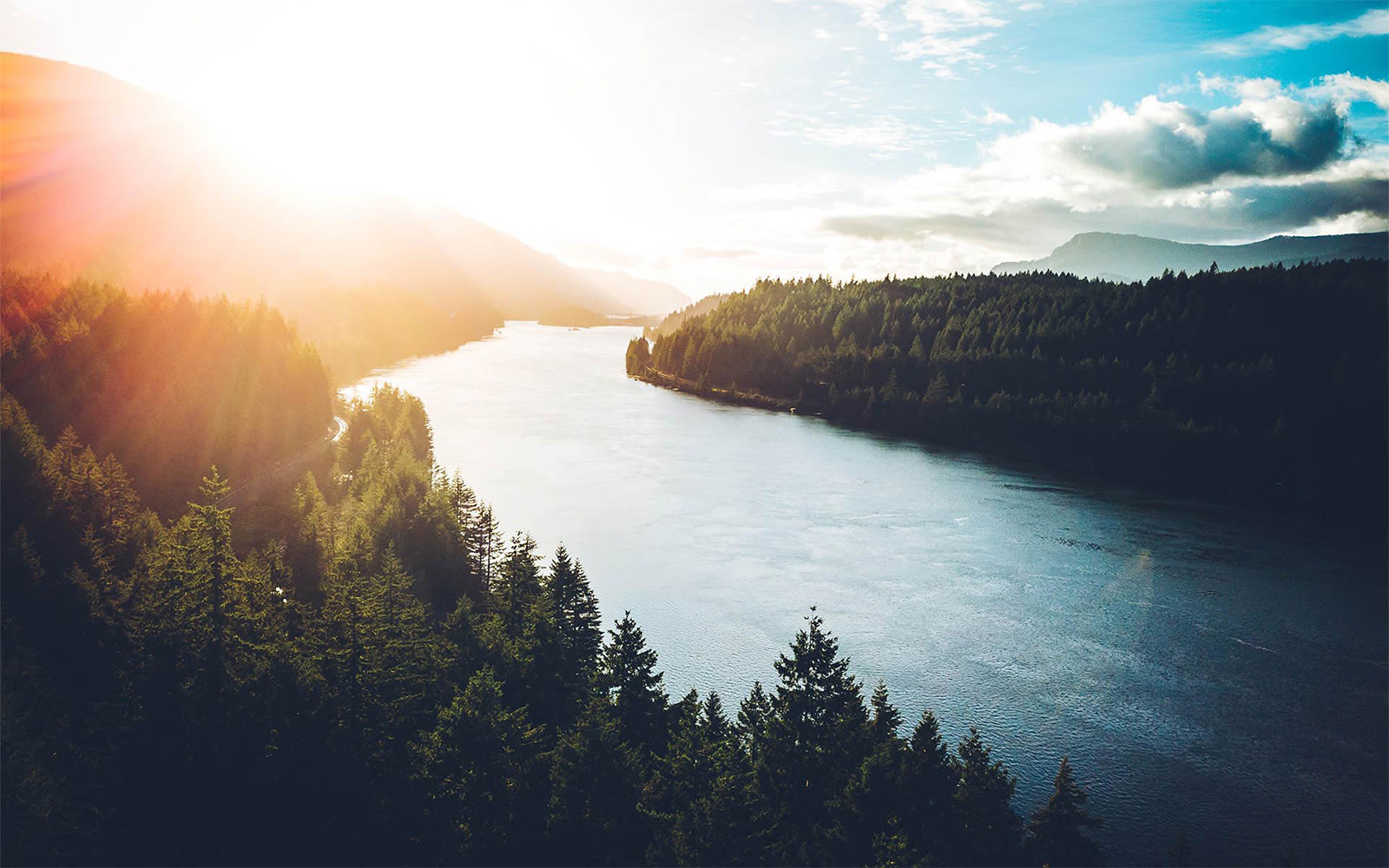
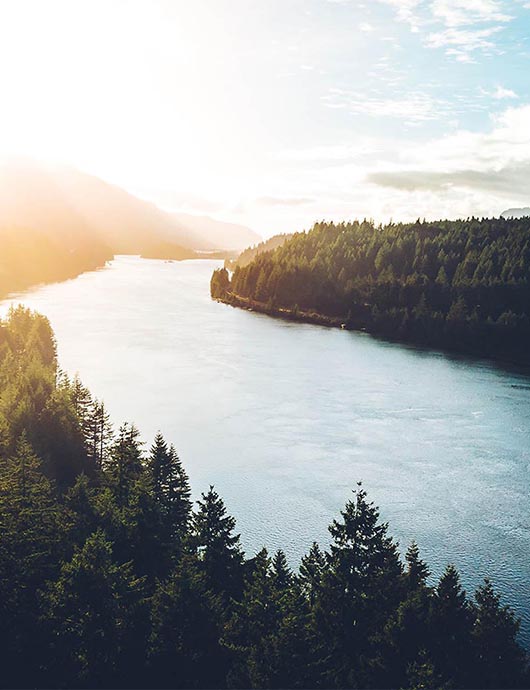
Though he regularly travelled the world and experienced many different places, the Pacific Northwest was always where Paul called home. He grew up spending family vacations outside and loved the region’s natural beauty and rich biodiversity. That’s why many of his philanthropic efforts focused on the conservation and protection of local lands and waters. “When you grow up in the Northwest, the impulse to safeguard the environment seeps into your consciousness,” he said.
His first major philanthropic project was the preservation of an old-growth forest in the North Cascades where his foundation partnered with the Trust for Public Lands and other conservation groups to purchase privately owned tracts that reconnected wildlife corridors and repaired vital ecosystems. He also supported research grants that improved the health of local orca whales, salmon, Puget Sound, and the Salish Sea. In addition, much of Paul’s grantmaking efforts through the University of Washington included support for researchers studying African elephants or collecting deep ocean data to better understand climate change.
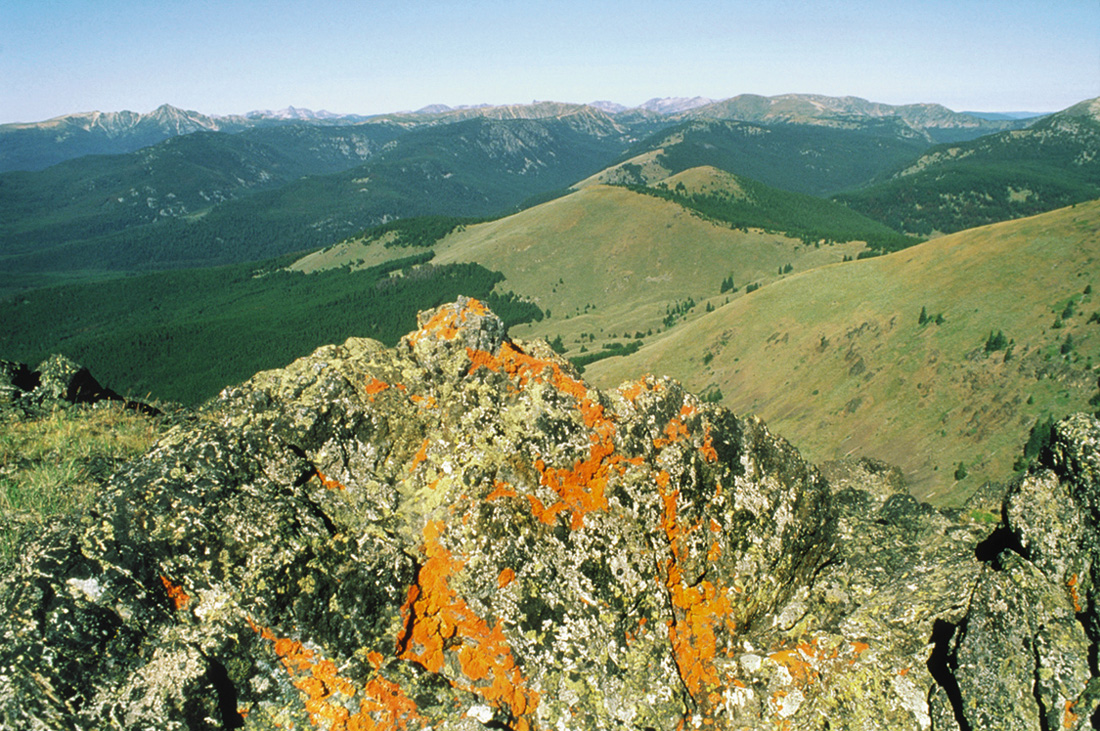
“We all have a responsibility to protect endangered animals, and Washington state can serve as a model to lead the way in disrupting the market for these products. If we turn away from our responsibility to protect our planet, these species will become extinct.”
— Paul G. Allen
In 2015, he funded Initiative 1401 which made it a crime in Washington to sell or trade in the parts derived from a range of exotic or endangered species. Paul said, “We all have a responsibility to protect endangered animals, and Washington state can serve as a model to lead the way in disrupting the market for these products. If we turn away from our responsibility to protect our planet, these species will become extinct.”
The measure passed with a 71 percent vote and was one of the nation’s most comprehensive anti-wildlife trafficking laws enacted at the time. In fact, it inspired Oregon and Hawaii to pass similar state measures. Paul’s local conservation efforts weren’t just limited to traditional philanthropy. His development company, Vulcan Real Estate, also raised the bar by adopting sustainable building practices that inspired others in industry. For example, the company’s Salmon-Safe development strategies have shown developers around the country how to build projects that aren’t just financially successful, but that are also good for the local landscape and overall health and waterways and the community.
The measure passed with a 71 percent vote and was one of the nation’s most comprehensive anti-wildlife trafficking laws enacted at the time. In fact, it inspired Oregon and Hawaii to pass similar state measures. Paul’s local conservation efforts weren’t just limited to traditional philanthropy. His development company, Vulcan Real Estate, also raised the bar by adopting sustainable building practices that inspired others in industry. For example, the company’s Salmon-Safe development strategies have shown developers around the country how to build projects that aren’t just financially successful, but that are also good for the local landscape and overall health and waterways and the community.
